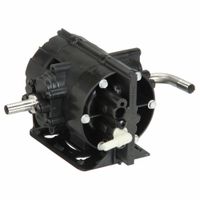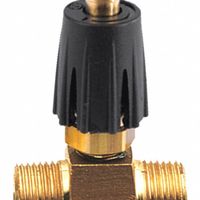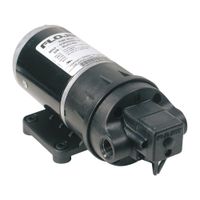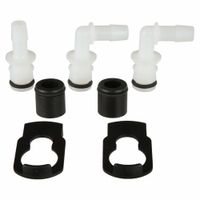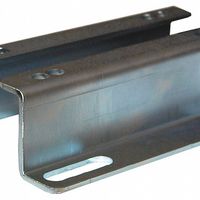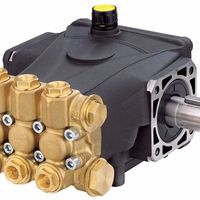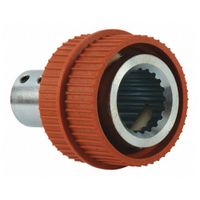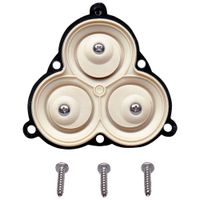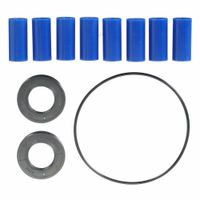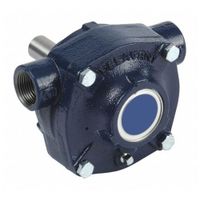Sprayer & Washer Pumps
Sprayer and washer pumps clean surfaces of dirt or apply herbicides over crops in agricultural applications. Electric sprayer pumps operate more efficiently than air-operated pumps. Air-operated sprayer pumps are driven by compressed air. Roller spray pumps use a series of rotating rollers to draw i .....Read More
Frequently Asked Questions
What are the differences between electric sprayer pumps and air-operated sprayer pumps?
How do roller spray pumps work?
What are the benefits of using electric sprayer pumps over air-operated pumps?
How do pressure washer pumps achieve higher pressures than sprayer pumps?
What maintenance is required for sprayer and washer pumps?
How do I choose the right sprayer pump for agricultural applications?
What are common issues with sprayer pumps and how can they be fixed?
How often should repair kits be used for electric sprayer pumps and roller spray pumps?
What safety precautions should be taken when using sprayer and washer pumps?
Can pressure washer pumps be used for agricultural spraying applications?
